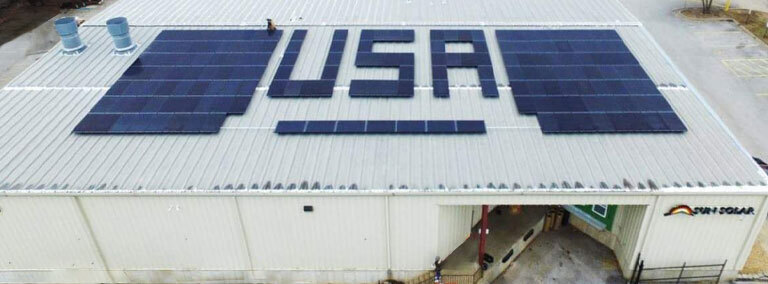A Bright Future: Legislation Paves the Way for Solar Panels Despite HOA Restrict
Introduction
In a significant stride towards a cleaner and more sustainable future, recent legislative action has emerged as a beacon of hope for homeowners seeking to harness the power of solar energy. The passing of legislation that prohibits Homeowners Associations (HOAs) from banning solar panels marks a groundbreaking moment in the transition towards renewable energy. This momentous step not only empowers homeowners to make environmentally conscious choices but also fosters a wave of positive change across communities.
The Road to Change
For years, homeowners across the country faced roadblocks in their efforts to embrace solar energy due to restrictive covenants imposed by their HOAs. These covenants often prohibited the installation of solar panels on rooftops, citing aesthetic concerns or potential property value impacts. Such barriers hindered progress towards a greener future and deterred homeowners from adopting sustainable energy solutions.
Recognizing the need for change, legislators, environmental advocates, and forward-thinking citizens united to champion the cause of renewable energy accessibility. Their collective efforts culminated in a legislative breakthrough that altered the landscape of HOA regulations and cleared the path for solar energy adoption.
The Legislation
The legislation, which has been embraced by numerous states, boldly asserts that HOAs can no longer impede homeowners’ rights to install solar panels on their properties. This historic measure ensures that homeowners have the freedom to harness the sun’s energy without facing unwarranted obstacles. The legislation strikes a delicate balance between the interests of homeowners and the broader goal of reducing carbon emissions and combating climate change.
The key provisions of the legislation include:
Solar Rights: Homeowners are granted the unequivocal right to install solar panels on their properties, irrespective of HOA rules or restrictions.
Aesthetic Guidelines: While the legislation empowers homeowners to install solar panels, it often includes provisions to maintain aesthetic harmony. This ensures that solar panels are integrated seamlessly into the architectural design of homes, addressing concerns that initially led to HOA restrictions.
Notification Process: Homeowners are typically required to notify their HOAs prior to installing solar panels. This enables a transparent and collaborative approach, allowing for constructive dialogue between homeowners and associations.
Impacts and Benefits
The legislation’s far-reaching impacts are already beginning to take shape, and the benefits are undeniable:
Energy Independence: Homeowners are no longer beholden to non-renewable energy sources, taking a significant step towards reducing reliance on fossil fuels.
Cost Savings: Solar panels enable homeowners to generate their own energy, resulting in substantial cost savings on utility bills over time.
Environmental Stewardship: By generating clean and sustainable energy, homeowners contribute to the fight against climate change and reduce their carbon footprint.
Property Value Enhancement: Properties equipped with solar panels often experience an increase in value, attracting environmentally conscious buyers.
Conclusion
As we stand on the precipice of a renewable energy revolution, the legislation that prohibits HOAs from banning solar panels serves as a testament to the power of collective action. By removing barriers that hindered progress, lawmakers and advocates have illuminated a path towards a greener, more sustainable future. As homeowners take full advantage of their right to harness the sun’s energy, we move closer to a world where renewable energy is accessible to all, paving the way for generations to come.
